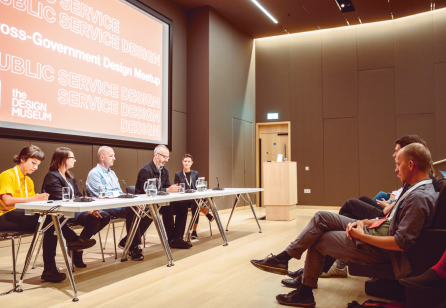
Scaling Service Design in the UK Government
There are more than 800 designers working in the UK government, and around 80 of them are service designers. Compared to most organisations, this is a very large number. But change at scale is possible.

Browse all Touchpoint Articles

There are more than 800 designers working in the UK government, and around 80 of them are service designers. Compared to most organisations, this is a very large number. But change at scale is possible.
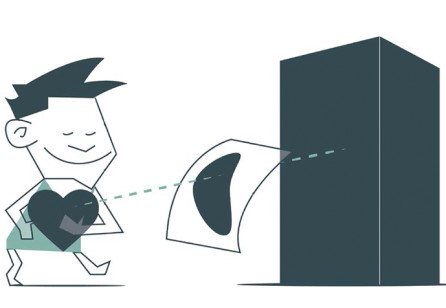
“The law is meant to create order in society and exists to prevent and solve conflicts in a just way.”
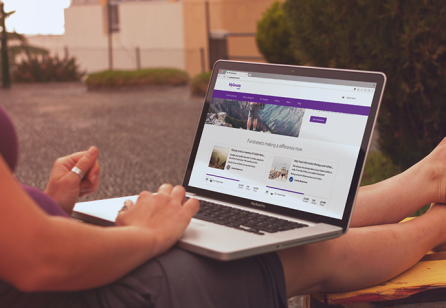
Donating to charity is often seen as a simple act of generosity done by those who can afford it, but in fact, the amount we donate is not directly correlated with our ability to give, or even to our benevolence. A number of factors play into the web of reasons we may or may not choose to donate in any given situation.
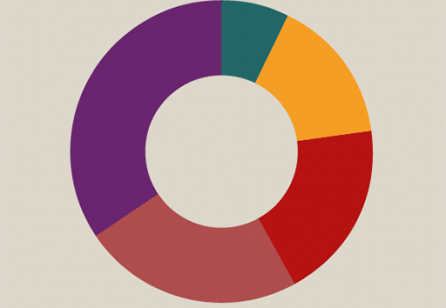
Measuring the impact of service design in a world of public sector management metrics has always been tricky. Social outcomes take a long time to be realised.
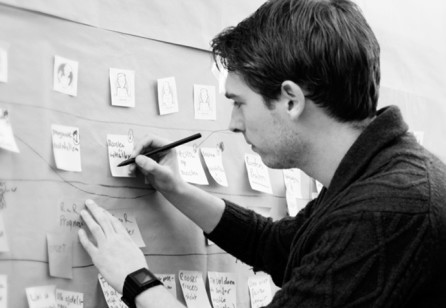
Service design is a holistic activity which should align with organisational strategy. What should you do if you find yourself in a Scrum team?
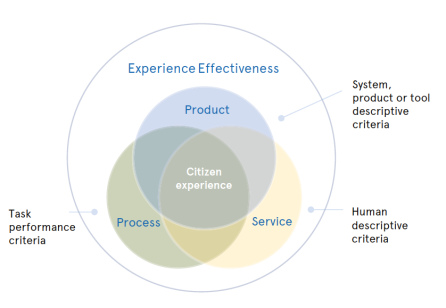
Insufficient attention has been paid to developing a systematic method for evaluating the effectiveness of the experiences created by public sector service design. Citizen experiences are at times monstrous: rambling, fragmented and frightening.
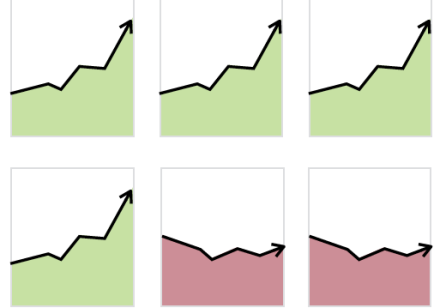
We observed that when a strong business strategy is coupled with great service design, the questions always arise: “How are we going to know if we’re successful? And how do we know if we’re on the right track or when we need to change course?”

Executive leaders we work with subscribe to a basic principle: you can’t manage what you can’t measure! Born from traditional management thinking, this principle does not stop at products: it applies — more so — to services.

All organisations exist in tension between efficiency and innovation. Both are essential for their long-term vitality. And each would consume the other.
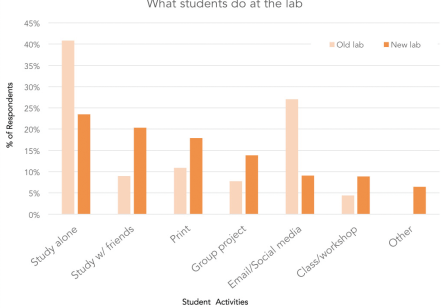
The computer is the most powerful productivity tool of our time and arguably the most important tool in the knowledge worker’s toolkit. Can you imagine trying to use your computer without your favourite software application? Without a hard-drive? Or even a dated version of either? Not very productive.
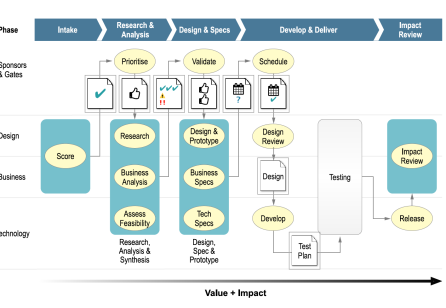
Initiating and implementing a change-driven project involves the steering of different activities – from design to business and technology – as well as navigating inside the culture of an organisation. Service designers, business partners and technologists have different responsibilities, different drivers, and use different terms and methodologies in their work.
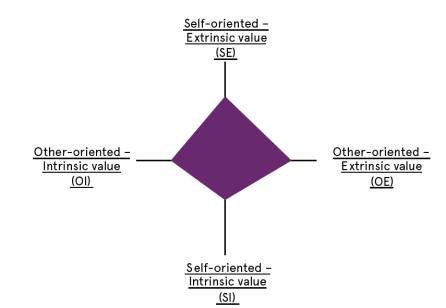
How can a service provider differentiate its products and services in a competitive market situation? Many service providers try to introduce innovative and distinctive ways to deliver their offerings.
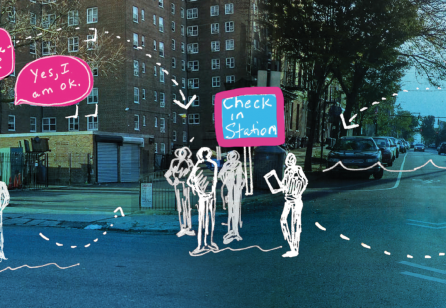
Using a co-design process, we created a model for a new community-based service focused on disaster preparedness for New York City neighbourhoods most impacted by climate change. The project is designed to bridge the gap between isolated, medically-fragile residents and advanced care/services.
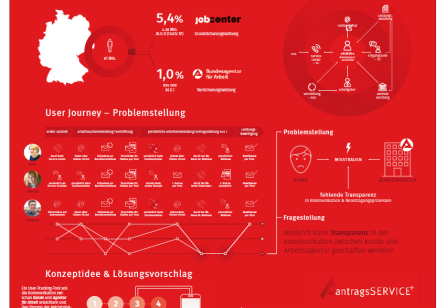
The introduction of service design education at HAWK (University of Applied Sciences and Arts, in Hildesheim, Germany) has been significantly improved in speed and quality through collaboration with industry partners. Both its importance to society and its relevance in design education have been demonstrated in practical outputs based upon real-life briefs and solid theoretical foundations.
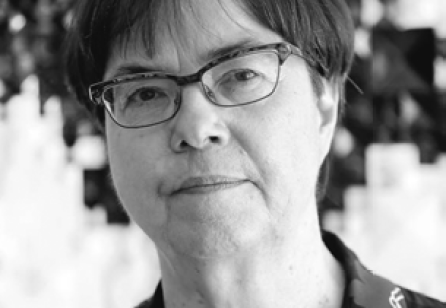
Last year the SDN launched the first Service Design Impact Report dedicated to the topic of the public sector. Due to its success and enthusiastic reception, the next two editions are already in the making.

Out of over 100 agency, corporate and student submissions from around the world, 14 Finalists were selected by an international jury of service design experts due to the exceptional standard of their work and the contribution their projects have made towards progressing the field of service design.
